Posted on 2/28/2023
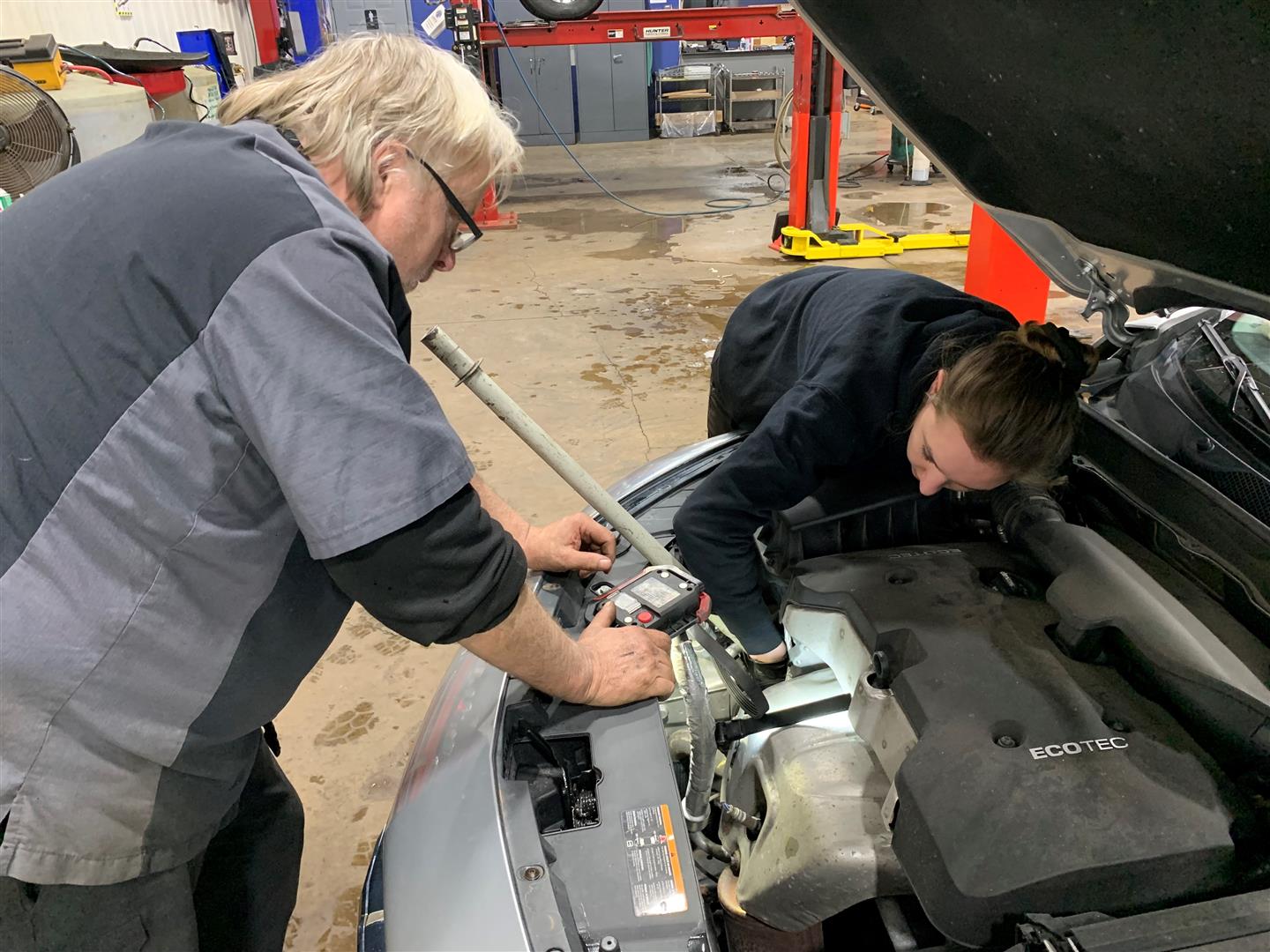
Most people know that cars require regular maintenance to ensure optimal performance. One of the most important maintenance tasks is getting a tune-up. But what exactly is a tune-up, and how often should you get one? Let’s take a look. What Is A Tune-Up? A tune-up is like an oil change for your car's engine. It’s an inspection and service of your vehicle's major systems. This includes: Spark Plugs FiltersFluids Fuel Injection System Timing Belt Ignition Wires Hoses Auto technicians may also adjust settings such as idle speed, valve clearance, and ignition timing. The frequency with which you need to get a tune-up will vary depending on the make and model ... read more
Posted on 2/28/2023

Making the decision to repair or replace your car can be tough. On the one hand, you don’t want to sink too much money into an old car – but on the other, you don’t want to spend more than you have to. Before making any decisions, weighing each option’s pros and cons is important. Let’s break it down for customers looking for guidance. Assessing Your Car’s Condition The first thing to do before deciding whether to fix or get rid of your car is to assess its condition. If your car is newer and still under warranty, many repairs may be covered by the manufacturer. And that makes it easier to decide whether to keep it or not. If it’s an older model, other things need to be taken into account. Consider how much money you have already invested in repairs versus how much longer you think the car will last if fixed again. Inv ... read more
Posted on 2/28/2023
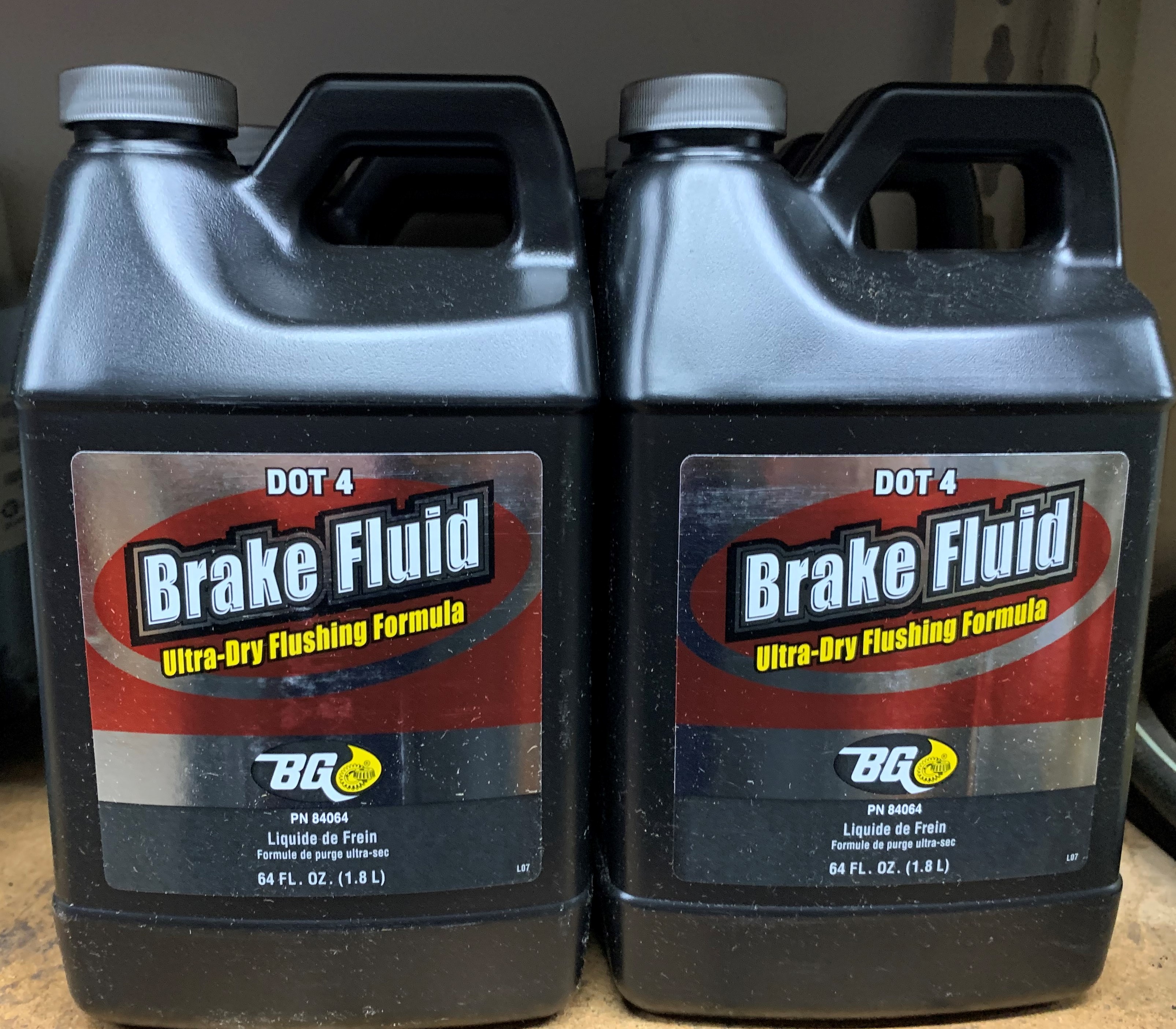
Whether you’re a car enthusiast or an average driver, it’s essential to understand the importance of brake fluid in your vehicle. Brake fluid is a crucial part of your car’s braking system. It helps ensure that your brakes are working when they need to. Learn more about what brake fluid is and how it works. What Is Brake Fluid? Brake fluid is a hydraulic liquid found in the hydraulic brake system of cars and other vehicles. It is designed to send force from the brake pedal through the brake lines to the brakes themselves. The pressure created by pressing on the pedal forces the brake fluid through small passages in the brakes. This causes them to clamp down on the discs or drums and stop the car. Without brake fluid, your brakes would not be able to perform as they should. How Does Brake Fluid Work? Brake fluid works by forcing pressure through lines that run from one end of your vehicle to another. When ... read more
Posted on 2/16/2023
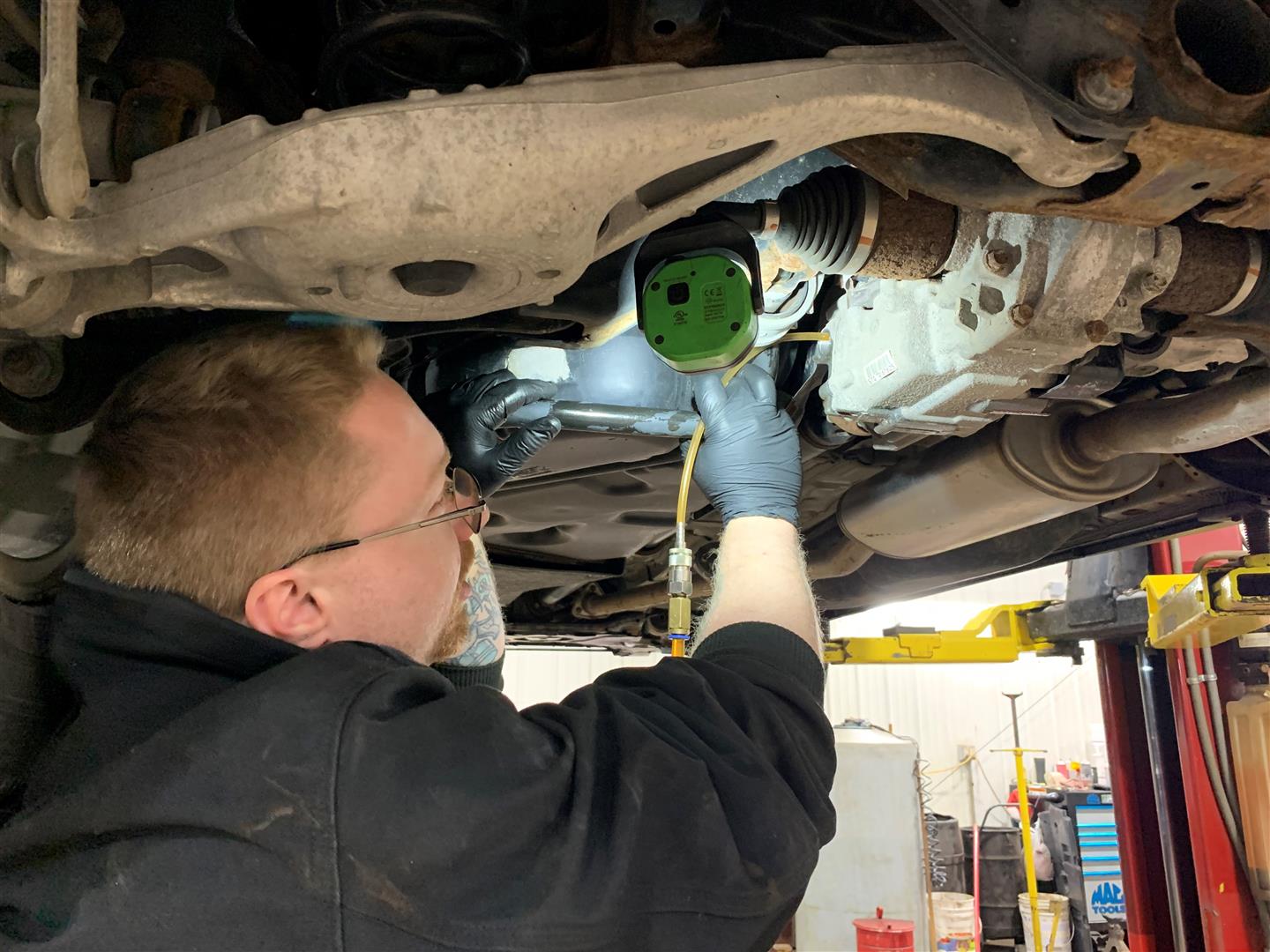
If you’re in the market for a used car, you want to make sure that you’re getting a good deal. To do that, it’s important to get a pre-purchase vehicle inspection. This is an extensive evaluation of the vehicle before you complete the sale. It checks all major systems of the car. And can be used to determine if there are any problems with the car that could affect its performance or value. What’s Included in a Pre-Purchase Vehicle Inspection? A pre-purchase vehicle inspection includes a comprehensive evaluation of the car. This includes checking the engine, transmission, brakes, and steering components. As well as the s ... read more
Posted on 2/14/2023
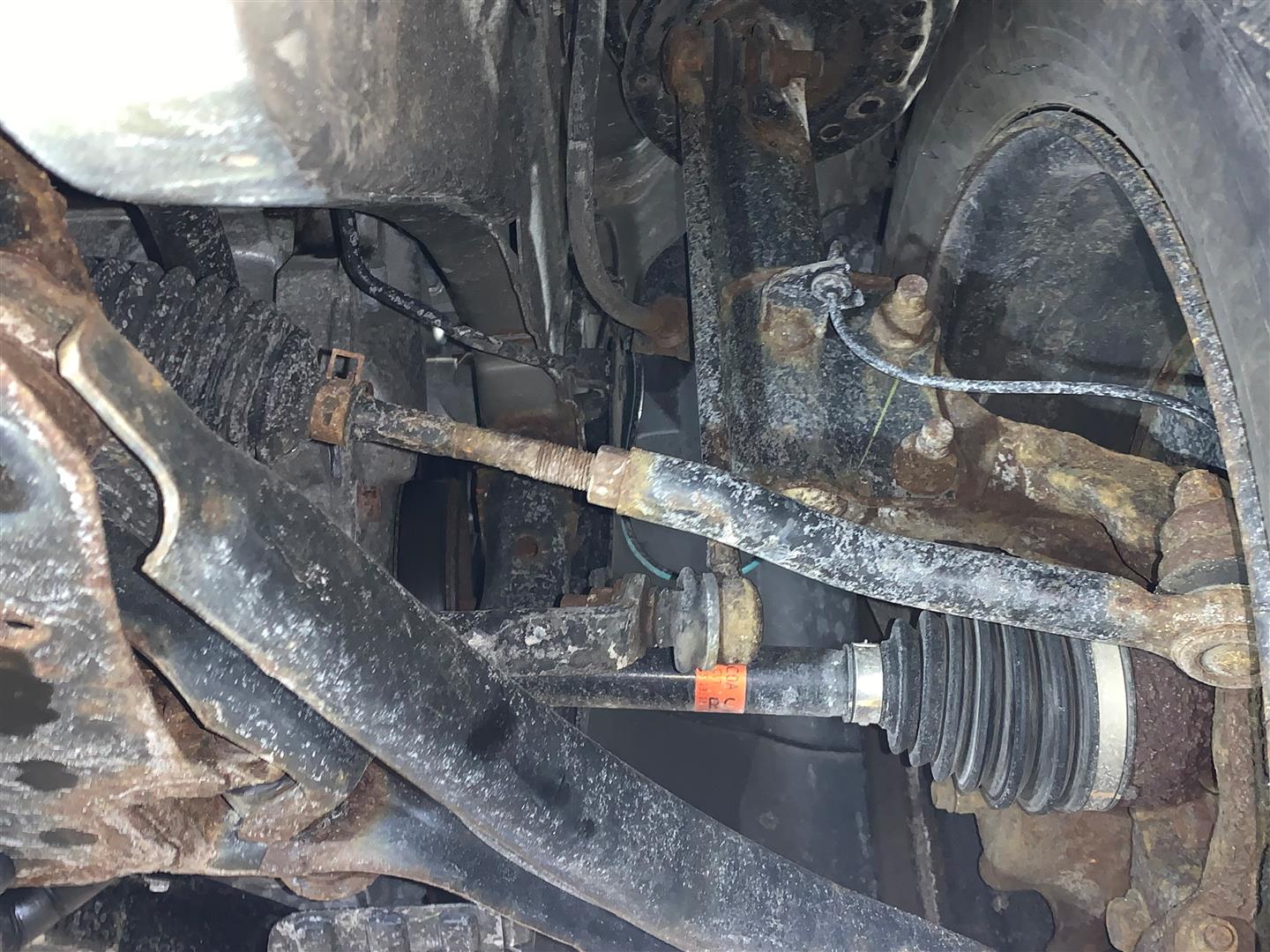
Owning a car can be a great joy, but it is also important to understand the basics of vehicle maintenance. One component that is often overlooked is the tie rod. This plays an important role in your car’s steering system. Learn more about what a tie rod is and why it is so important for both safety and performance. What Is a Tie Rod? A tie rod is a metal bar that connects two parts of your vehicle’s steering system together. It helps to keep your wheels aligned. And ensures that the movement of one wheel is transferred to the other wheel. This keeps you driving straight or turning in the direction you want. The tie rod also helps to absorb some of the impacts from bumps in the road. Or sudden shifts in weight as passengers get into or out of the ... read more
Posted on 2/9/2023
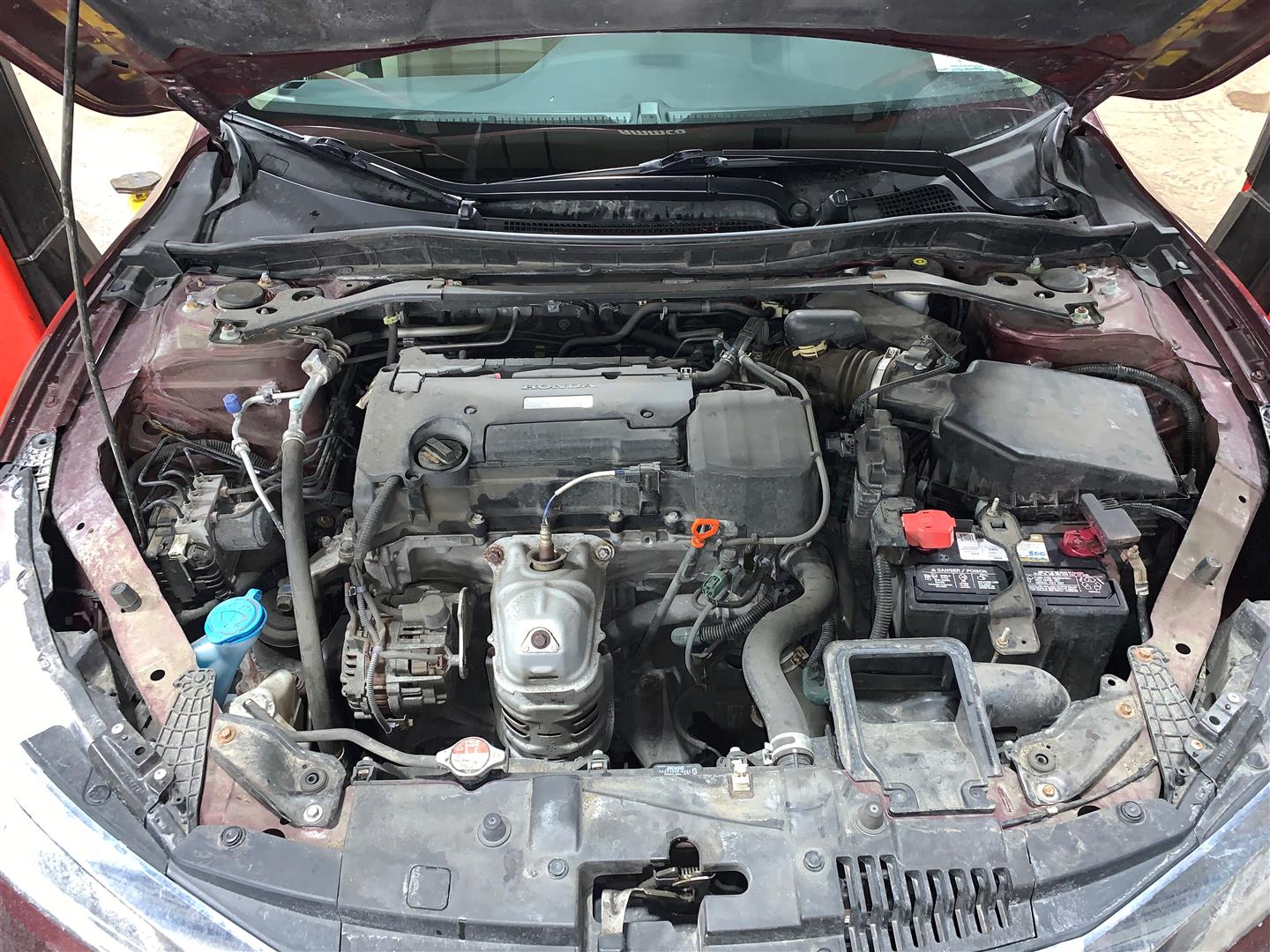
If your vehicle is shaking or vibrating when idling, it could be due to a variety of reasons. In some cases, the issue may be minor, such as a loose part or an engine misfire. It is important to look into this issue as soon as possible as it could indicate a more serious problem. Let’s take a look at some of the potential causes and why they are problematic. Common Causes of a Vehicle Shaking When Idling Worn Spark Plugs Worn spark plugs can lead to decreased fuel efficiency or increased exhaust emissions. Sometimes power loss. This is due to inadequate combustion in the engine cylinders. Engine Misfire An engine misfire can also be caused by worn spark plugs where only some of the cylinders fire correctly. This leads to an uneven running engine that shakes at idle. A misfiring cylinder can also cause poor fuel economy and increased emissions. Loose Parts Another common cause of vibration while idling is due to loose parts. This includes ... read more
Posted on 2/3/2023
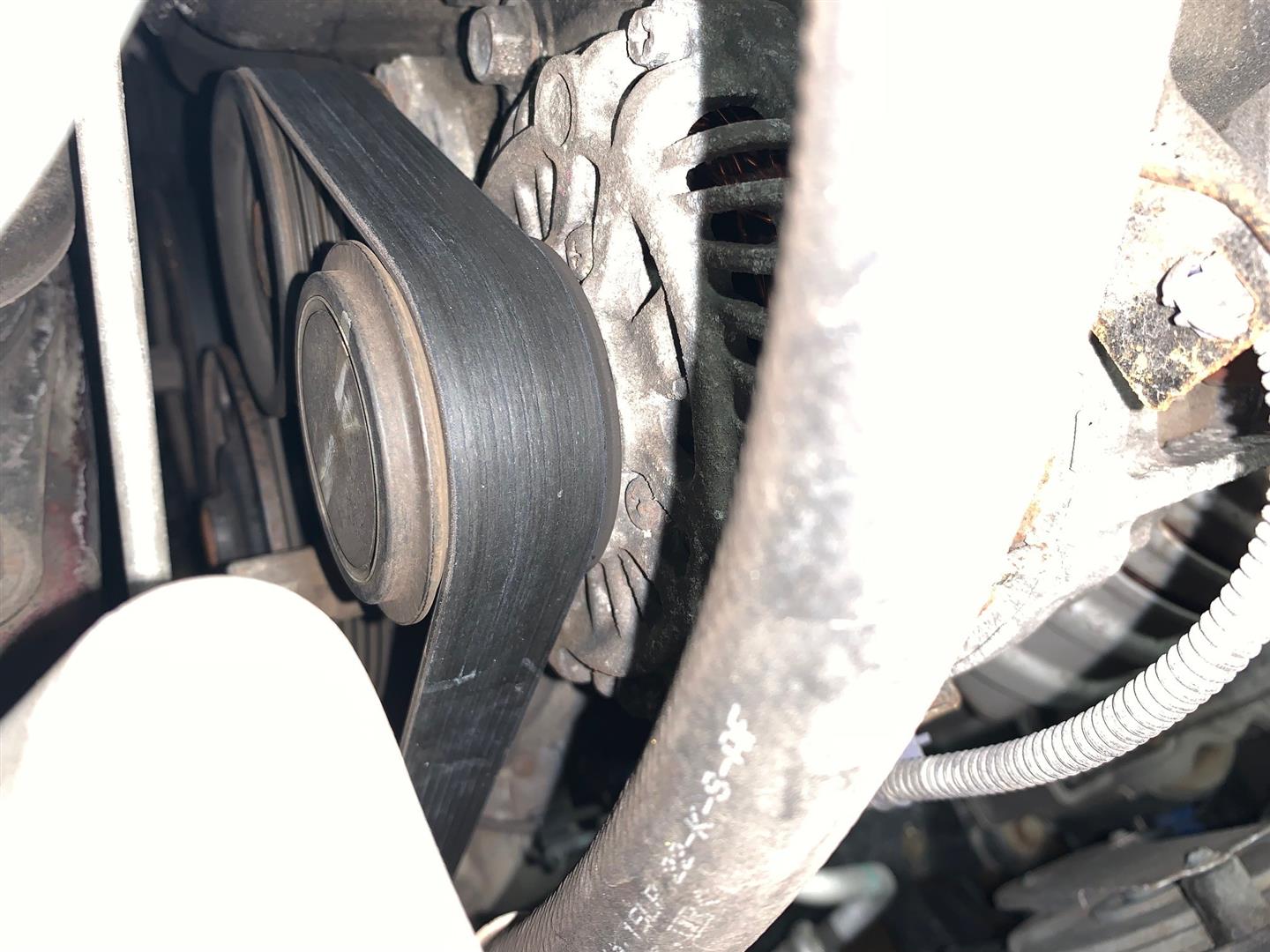
Have you ever heard a high-pitched squeal coming from your vehicle when you turn your vehicle or AC on? Chances are that noise is coming from your vehicle belt and it’s a sound you don’t want to ignore. Your vehicle belts are an important part of your car and need proper care in order to function properly. Let’s take a look at why vehicle belts squeal and what can be done to stop them. What Are Vehicle Belts? Vehicle belts are found in the engine compartment of most vehicles. They work as a direct connection between the engine crankshaft and other components. These include the alternator, water pump, air conditioning compressor, and more. All these parts rely on the vehicle belt for power transmission so they can operate properly. Why Do Vehicle Belts Squeal? When a belt starts to wear out or become too loose due to heat, it can cause it to slip off its pulley while running. This c ... read more